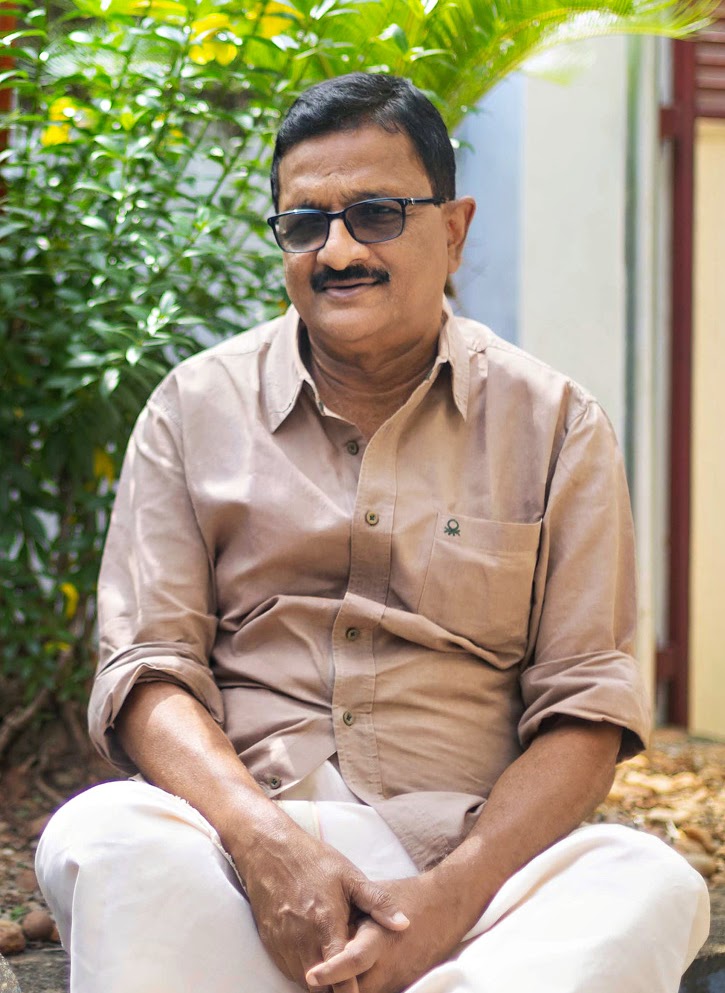
Honesty and children
Honest two-way communication is key. By having an open and honest dialogue with children, we can expand their world view and understanding of others. Children often witness challenging emotions of others, the processing of feelings, and discussions of tough or contradicting messages. They can see things in their everyday life that we don’t want them to be exposed to. Our instinct may be to protect children from these experiences by lying to them or not being truthful. But by doing so, we can actually confuse them and make it more challenging for them to understand the situation and the people around them. By being truthful even when the issue is uncomfortable (such as death, divorce, therapy, disease, and so on), we can show children how to process these experiences, and teach them that even when things are scary, they can trust you and rely on you.
Never make a child feel as though they don’t deserve to know the truth. Even if they have the best of intentions, parents who lie or mislead their children about their circumstances typically discover later that their children disliked being lied to or misled. When you tell your children the truth, you’re indicating that you expect the same from them – and that everyone deserves to know the truth, even if it’s not what they want to hear. Things are not always as easy as a “truth” or a “lie” in kids’ minds. Make-believe is a very real part of the life of young children and I personally feel that the nature of a “lie” probably indicates how seriously you should take the “trick.” Was the “lie” told to have fun? Or was it to avoid getting in trouble? You would probably address these situations quite differently. If we create playful and hands-on situations to learn about what truthfulness is, before it is needed, then we can help the children distinguish for themselves what “telling the truth” actually means. This way they are prepared with the necessary knowledge when they are faced with a situation in which they are required to take “truth” seriously.
Based on many researches it is seen as interesting to observe the difference between adults and children when it comes to telling the truth. Adults are often quick to hide things, especially if they seem unfavourable or hurtful. Kids, on the other hand, are typically honest to a fault (and sometimes to the embarrassment of their parents!) and speak frankly about their feelings and opinions. What’s interesting, then, is the practice of shielding children from the truth. Not only is it a recipe for distrust, but also problematic on several levels. Finally, age-appropriate honesty is not only necessary but beneficial. By having an honest conversation with kids using words and concepts that they can understand, their world view expands outside of themselves. Kids live in the here and now, and are self-absorbed due to their emotional center. By being truthful even when the topic is kids witness emotional regulation, processing of feelings, discussion of difficult or conflicting messages, and more.
Do remember, children look to their parents as a model and example of appropriate behavior. And often what children learn is from what they observed, rather than what they were taught. This then is one reason why children should always be told the truth.




